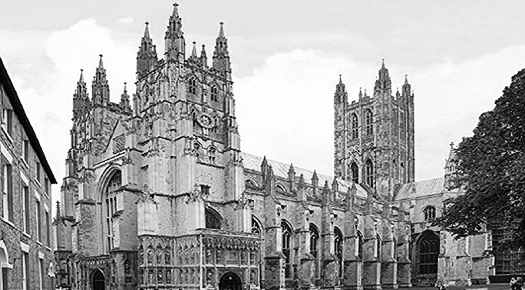
Photo Credits: The Real Gist
According to the inquiry, the Church of England put its own reputation above the needs of victims of sexual abuse — with a serious failure of leadership by the former archbishop of Canterbury, George Carey — in its handling of the case of a bishop who eventually went to prison. The inquiry also found that Prince Charles and other members of the establishment were misguided in their expressions of support of Peter Ball as he battled the accusations, the Guardian reports.
“His actions, and those of his staff, could have been interpreted as expressions of support for Peter Ball and, given the Prince of Wales’ future role within the Church of England, had the potential to influence the actions of the Church,” the report added. Prince Charles maintained contact with a former bishop, Peter Ball, who was jailed in 2015 for abusing young men. Charles occasionally gave him money because he was deceived over the man’s crimes, he told the independent inquiry. Ball was released from prison in February 2017 after serving half of his 32-month sentence.
Ball “seemed to relish contact with prominent and influential people,” a 250-page report published on Thursday by the independent inquiry into child sexual abuse (IICSA) said. He “sought to use his relationship with His Royal Highness the Prince of Wales to further his campaign to return to unrestricted ministry.” Ball’s “charm, charisma and reputation” enabled him to avoid a criminal conviction until 2015, the report said.
The report said “clericalism and tribalism” in the diocese of Chichester contributed to an abuse of power. During the inquiry’s public hearings last year, senior clergy squabbled about responsibility for failing to deal with past sexual abuse.
“The damaging consequence of this overriding allegiance to one’s own ‘tribe’ was that child protection was compromised,” the report said.
Alexis Jay, the inquiry’s chair, said: “For years, the diocese of Chichester failed victims of child sexual abuse by prioritising its own reputation above their welfare. Not only were disclosures of abuse handled inadequately by the church when they came to light, its response was marked by secrecy and a disregard for the seriousness of the abuse allegations.
“Peter Ball is one example of how a senior member of the clergy was able to sexually abuse vulnerable teenagers and young men for decades. The public support he received is reflective of the church’s culture at the time; a support that was rarely extended to his victims.”
It doesn’t seem to be uncommon for the church to protect its priests from punishment for sexual abuse while victims are often left to themselves. This report is confirmation of the practice of most churches.
